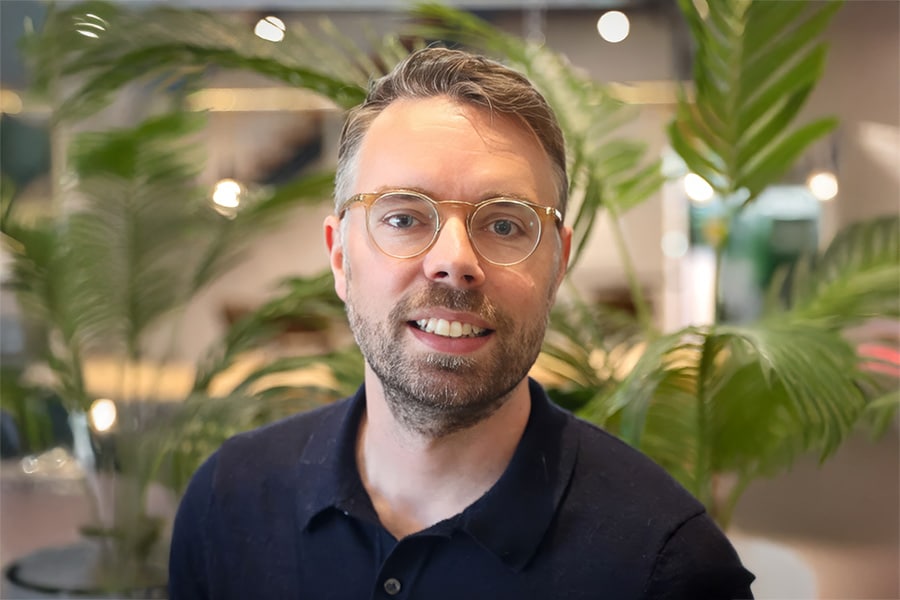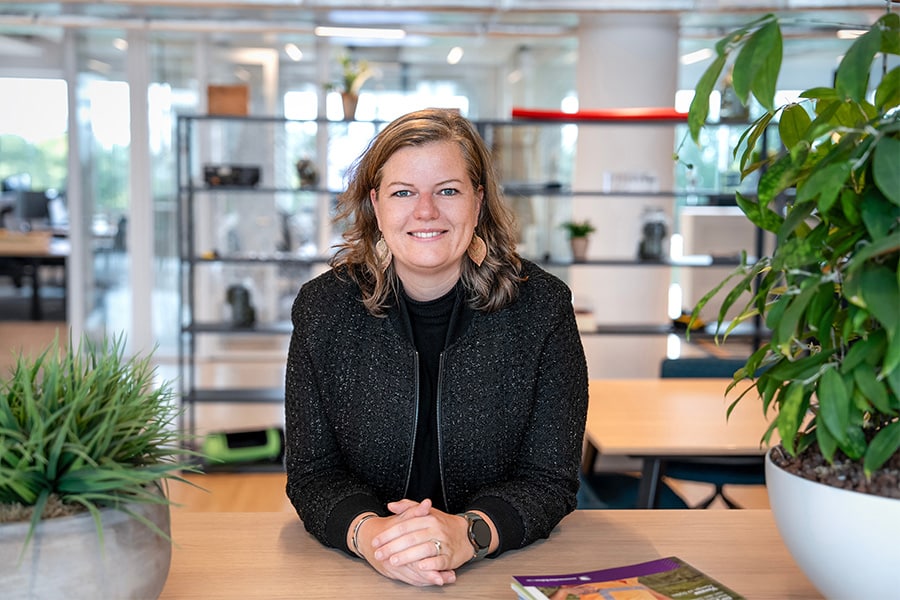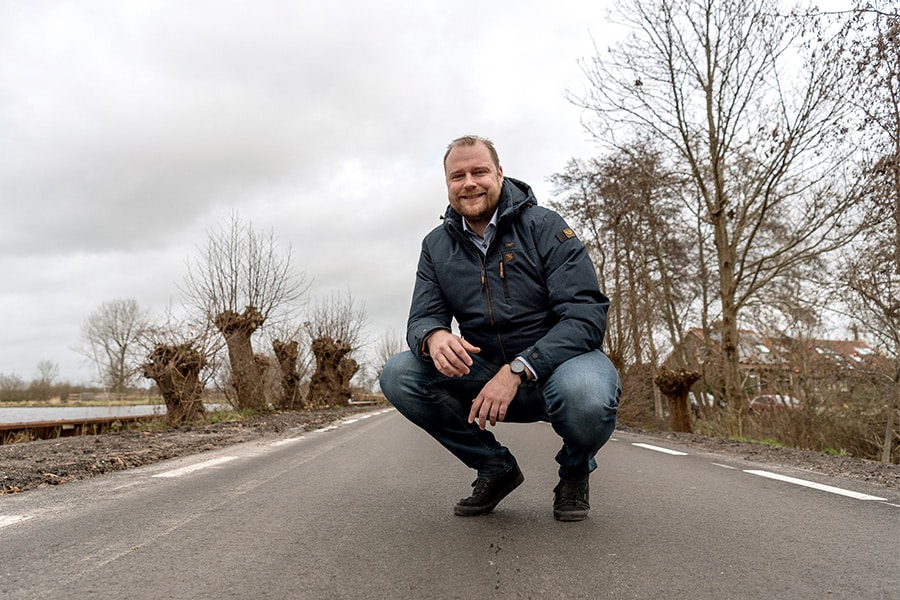
Ensure the right generational mix in your workforce
Ensuring the right generational mix concerns every entrepreneur in infra. Funnily enough, from my role as sales manager civil engineering within our secondment agency, I see that most entrepreneurs are primarily concerned with attracting (young) staff. If that's where your focus is, you run the risk of forgetting how many people you already have inside. Realize that your employees are your most important capital. If you don't invest in your existing staff now, you run the risk of running out later. I'm not just talking about salary, but also about creating involvement and getting different generations to work well together. Involve your staff in important developments in your organization and innovate together, rather than alone. Offer opportunities for growth within the organization, for skills development. Make it interesting for your staff to stay, show that they are in the picture.
The generational mix and how to deal with it
We are getting older, fortunately, but that also means that we continue to work until an increasingly later age. Within the infrastructure market, we are already dealing with aging to a greater extent. That makes it an even greater challenge for employers in the infrastructure industry to keep this group of people active and engaged within today's developments and operations. That can be a challenge for the company if there is an ambition to grow and innovate. What I am increasingly encountering from my work is the discrepancy between juniors and seniors at work. More different generations are coming to work within the company, groups that each need their own attention. An example: the youngest generation is constantly online and ready for "the new way of working. This generation must be quickly prepared in the profession to be employable as soon as possible, is the opinion of the entrepreneur. That is why there is (too) much demand for college or university personnel. They enter linearly, immediately at the spot within a department set up for them. Consider a good MBO as well. Given the increasing staffing needs, there should be more opportunities for this group of educated people. The older generation also often came in at a lower level and has had time to grow with the organization. If you are not careful, a gap between old and young is created in this way.
Those who focus only on attracting the young generation, passing over the older employee, must realize that this unknowingly changes the entire organization, with consequences. If you fail to get synergy, you run the risk of outflow of the young and dissatisfaction among the older. On the other hand, if the focus is too much on the older generation (read: you let the older generation determine what happens), this will inhibit growth and innovative strength. The trick is to create synergy, mutual understanding and the best way to work together.
Keep everyone equally valuable
If, as a company, you set yourself the goal of a well-cooperating generational mix, without any gap, you will make the work interesting for the juniors and keep the seniors more involved in today's developments and processes. The latter group will have a greater affinity for new technologies and software as the younger generation takes them into that world. Conversely, the younger ones can learn a lot from the already acquired professional knowledge of the experienced forces within the organization. In doing so, you keep everyone equally valuable.
You are not alone
Often, as a recruiter, we are not approached for advice until the fire is already raging. What I mainly want to say to HR/recruitment departments and management: you are not alone. Discuss your personnel issues and training needs with a secondment provider. Our view of the industry is broad. Seek collaboration and make a plan together. Once the plan is made, the implementation phase follows seamlessly, where you can count on our support.
As a staffing (and training) provider, we are in close daily contact with people of all ages and from different fields of study. Together we can find out why your company is attractive to young and old alike. One tip I can give in advance: in every company there are real ambassadors, people who love and are proud of the organization. Let such people participate in job interviews with newcomers. Nothing is warmer than being received with a smile, with an enthusiastic story. Another tip: Do you have older applicants at the table? Then try to focus mainly on someone's motivations. Not what they cannot do, but what they still want to do. That motivation is an important part. Embrace that. And finally: no matter how well online meetings helped us through the corona crisis, live contact is the most important thing for a job interview. No digital means can beat that.




